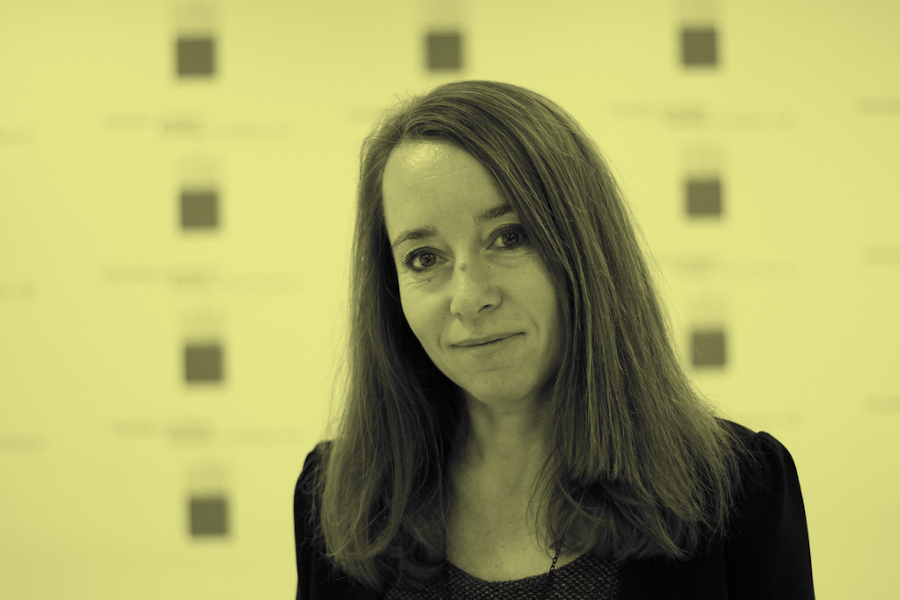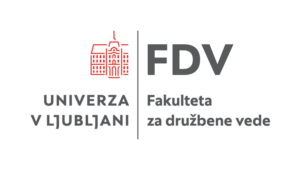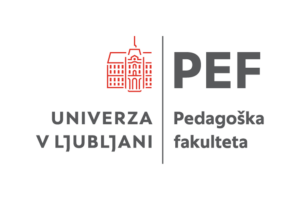Since 2020 multidisciplinary team from the University of Ljubljana’s Faculty of Social Sciences and Faculty of Education is aiming to understand the specifics and social contexts of contemporary media use among youth by exploring the links between diverse uses of media, the meanings of contemporary digital media in everyday life and educational needs of young people that would support their inclusion and participation in modern society. Get in touch with the team >
With the research project Youth’s media repertoires, we were exploring patterns of media uses and their meanings. Theoretical ground of the study was conceptualized through the approach of media repertoires, which are perceived as a combination of diverse practices, mediated connotations and types of activity, and the co-creation of media phenomena. More about this project >
In 2023, our research ambition partially extended to exploring social needs and informal education of youth in the digital age within the research project Digital maturity of youth. Among the first empirical steps within this project, analysis of social needs among adolescents will be conducted with mixed-methods approach, combining qualitative focus groups method with quantitative survey. Read project description >

Digital maturity of youth
In today’s digital world, digital skills play a key role in integration into the digital society, and it is important that they are acquired especially by adolescents, whose everyday lives are digitised practically from birth. As young people are not only having fun, playing and socialising in digital environments, but also creating, learning and informing, it is of utmost importance to identify their needs in the heterogeneous field of digital activities, while addressing the deficits of their experiences and the shortcomings that might discourage adolescents from sovereignly facing the challenges of contemporary societies.
One of the ways to understand the contemporary challenges of young people and to find solutions and possible actions in this area is to identify their digital competences. However, as new technologies are constantly emerging in the field of digitisation and the digitalisation of societies, the concept of digital competences itself is evolving and upgrading, and is consequently multifaceted and encompasses many areas of ‘modern literacy’. As a consequence, digital competences are transversal competences that enable the acquisition of many other competences (e.g. mathematical, linguistic, learning to learn, etc.), which are linked to many 21st century skills.
For well over a decade, the DigComp European Reference Framework has guided digital literacy in Slovenia, which separates digital skills into five levels: 1. information and data literacy; 2. communication and collaboration; 3. digital content creation; 4. security; and 5. problem solving. However, DigComp is less focused on critical dimensions of digital literacy, such as knowledge of how the digital ecosystem and media landscape work, and civic engagement beyond e-government services (e.g. artistic engagement, civil society activism, protest, etc.). The DigComp framework also fails to take into account opportunities for play, creativity and
active leisure in digital spaces, and the potential collective empowerment of young people. As young people aged 16-24 are a particularly challenging group to address and disseminate digital competences, as they have already left the field of compulsory primary education and there is no single educational space for them to comprehensively address their knowledge needs for a sovereign and emancipated integration in the digital society, it is worth considering alternative non-formal educational spaces in addition to the formal education system, which can act as key channels for the dissemination of digital competences among young people.
The project has four overarching objectives:
1. to analyse the social aspects of young people’s digital needs,
2. to describe and analyse informal good practices in the field of digital competences,
3. to propose thematically oriented non-formal education courses and
4. to develop guidelines for bridging the digital divide among adolescents.
Analysis of social needs among adolescents will be conducted with mixed-methods approach, combining qualitative focus groups method with quantitative survey. A meta-analysis of international practices in the field of digital competences in non-formal education will be taken. Proposals for the implementation of non-formal education in the field of digital competences will be derived by synthesizing the findings from the first two research stages. The formulation of measures and guidelines for addressing young people in order to bridge the digital divide required by living in inclusive and just societies of the future will be the result of extensive reflection and the findings of all the preceding packages.
Youth’s media repertoires
The research project Youths’ media repertoires: Social, political and cultural aspects of digitized everyday life is investigating how elementary school, high school, and undergraduate students growing up in a highly digitized everyday life are shaping themselves into media prosumers. Digittalization is increasing the abundance of content that can be consumed regardless of location, as well as the domestication of media and technologies, making young people no longer just consumers but also active media producers.
The patterns of their media use are observed through the concept of media repertoires, which represent an interweaving of different practices, mediated meanings, and co-creation of media phenomena. In this sense, media repertoires are also part of the process of identity formation, which for primary school children takes place primarily through family relationships, peer relationships and educational spaces, and for secondary school children and later additionally through cultural and political engagement.
The research goal of the project is to create a typology of media consumption and media preferences or media repertoires of young people. In addition, the relationship between young people’s media types and differences in cultural consumption, media and digital literacy, political participation, and structural differences in young people’s everyday digital lives will be determined.
At the same time, we examine the relationship between media use and young people’s value orientations, social position, and other demographic characteristics (class, gender, and other sociodemographic differences).
At the same time, we aim to gain insight into the ethnography of young people’s everyday practices and rituals in the context of a networked society where attention is fragmented and dispersed.
Finally, the goal of the project is to find out what young people’s attitudes are toward politics and political engagement, in terms of their core value orientations. That is, we will find out how value orientations influence the evaluation of conventional and unconventional political forms and how young people practice politics and civic styles in a highly digitalised everyday life.
Youth’s media repertoires research profile on ResearchGate.
Reach out to the team
Tanja Oblak Črnič, Head of the Research Group
[email protected]

All members of the research team are from the University of Ljubljana, from the Faculty of Social Sciences and the Faculty of Education:
- Barbara Brečko is assistant and researcher at the Center for Social Informatics at the Faculty of Social Sciences, University of Ljubljana.
- Dejan Jontes is associate professor at the Department of Media and Communication Studies at the Faculty of Social Sciences, University of Ljubljana.
- Katja K. Ošljak is assistant at the Department of Media and Communication Studies, Faculty of Social Sciences, University of Ljubljana.
- Tina Lengar Verovnik is assistant professor in the Department of Journalism at the Faculty of Social Sciences, University of Ljubljana.
- Breda Luthar is full-time professor in the Department of Media and Communication Studies, Faculty of Social Sciences, University of Ljubljana.
- Meta Novak is associate professor and research associate in the Department of Policy Analysis and Public Administration at the Faculty of Social Sciences, University of Ljubljana.
- Jure Plaskan is assistant at the Center for political science research, Faculty of Social Sciences, University of Ljubljana.
- Maruša Pušnik is full-time professor in the Department of Media and Communication Studies, Faculty of Social Sciences, University of Ljubljana.
- Nika Šušterič is assistant at the Department of Basic Pedagogical Studies at the Faculty of Education, University of Ljubljana.
- Veronika Tašner is associate professor in the field of sociology of education at the Department of Basic Pedagogical Studies at the Faculty of Education, University of Ljubljana.
- Mojca Žveglič Mihelič is assistant at the Department of Basic Pedagogical Studies at the Faculty of Education, University of Ljubljana.


